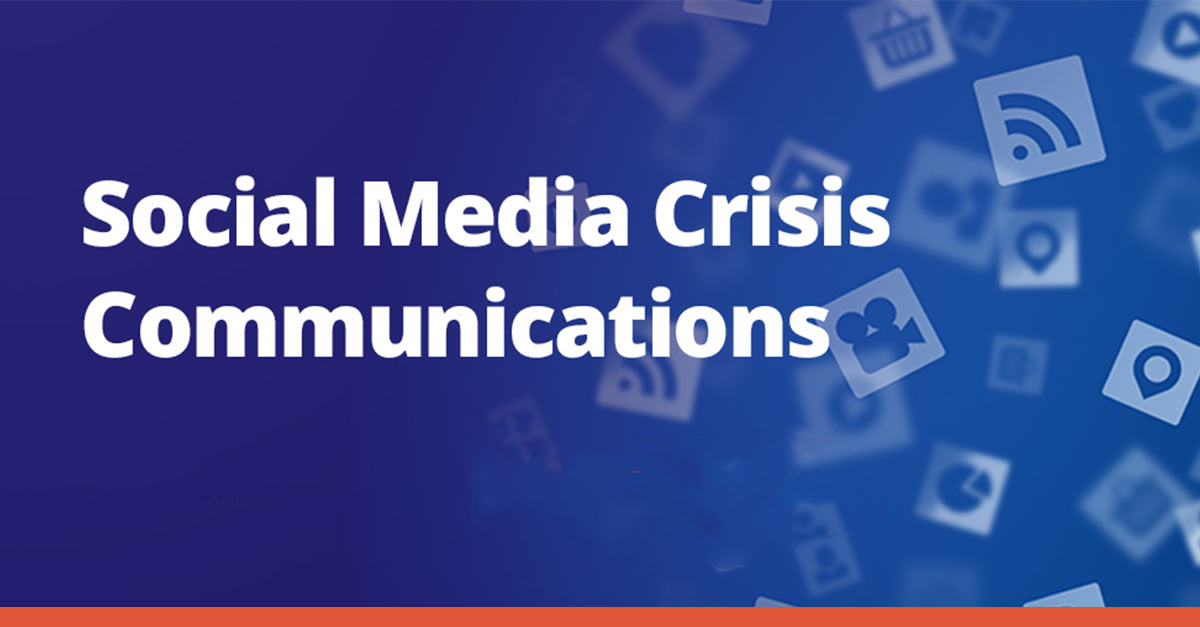Social Media Crisis Communication Plan: Managing Challenges Effectively
A social media crisis communication plan is a strategic framework designed to help organizations manage and respond to unexpected incidents or controversies that unfold on social media platforms. This plan ensures a swift, coordinated, and effective response to protect the organization’s reputation, maintain trust with stakeholders, and minimize potential damage.
Key components of a media crisis communication plan include identifying potential crisis scenarios, establishing roles and responsibilities within the crisis team, and defining clear protocols for monitoring, response, and escalation. The plan often includes pre-approved messaging templates and guidelines to ensure consistent and appropriate communication during high-pressure situations.
One crucial aspect is active social media monitoring. By using tools like AIM Insights, Mention, or Sprout Social, organizations can detect early warning signs of a crisis, such as negative trends, viral complaints, or unusual spikes in mentions, enabling timely intervention.
The plan also emphasizes transparency, empathy, and accountability when communicating with the public. This involves addressing concerns directly, providing factual information, and taking responsibility where necessary. Regular updates help manage public expectations and demonstrate the organization’s commitment to resolving the issue.
Post-crisis, the plan includes a review phase to assess the effectiveness of the response and identify areas for improvement, ensuring the organization is better prepared for future challenges.
In summary, a well-crafted social media crisis communication plan is an essential tool for navigating the fast-paced and unpredictable nature of social media, safeguarding an organization’s reputation and relationships in times of crisis.


